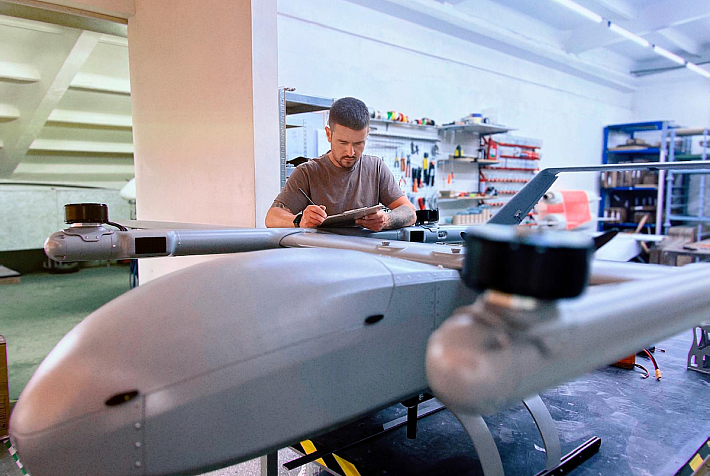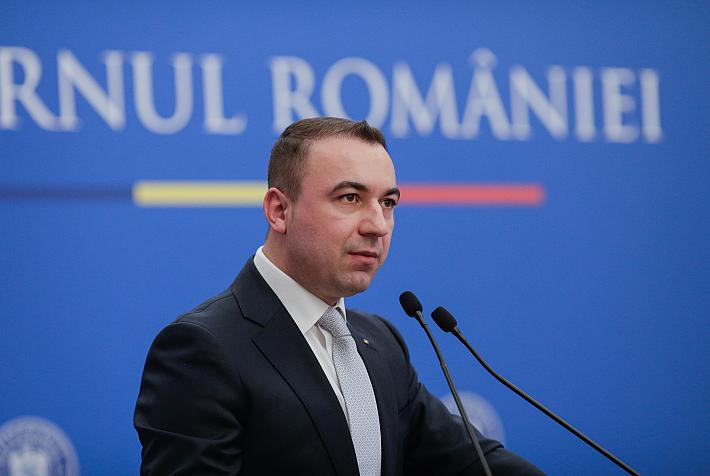Statistics: Almost 30% of students in RO graduated in business, administration and law

In 2017, 27.7% of the university graduates in Romania studied business, administration and law, according to Eurostat data.
Engineering, manufacturing and construction were chosen as specializations by 18.2% of graduates, while 11.6% of them graduated from medical or pharmacy faculties.
A total of 9% of graduates studied arts & humanities, while social sciences, journalism and information were preferred by 8.6%, more than those who specialized in education – 5%.
Information and communication technologies were the specializations of 5.6% of graduates, while natural sciences, mathematics and statistics of 5.3%.
Services attracted 4.5% of graduates, while agriculture, forestry, fishery and veterinary specializations 4.4%.
The number of university graduates decreased in the country from 133,478 in 2015 to 121,250 in 2017, according to Eurostat data quoted by local daily Adevarul. In 2016, there were 121,788 university graduates in the country.
Approximately 4.8 million students graduated from tertiary education establishments in the European Union (EU) in 2017, according to Eurostat data.
More than one third (34%) of these students graduated in social sciences, journalism, information, business, administration or law. Other fields of study with sizeable proportions of graduates in 2017 were engineering, manufacturing and construction (15% of graduates), health and welfare (14%), arts and humanities (11%), natural sciences, mathematics, statistics and Information and Communication Technologies (ICT) (11%) and education (9%).
editor@romania-insider.com













